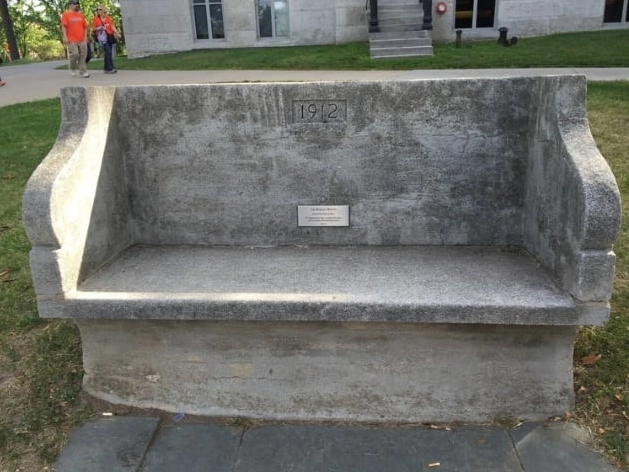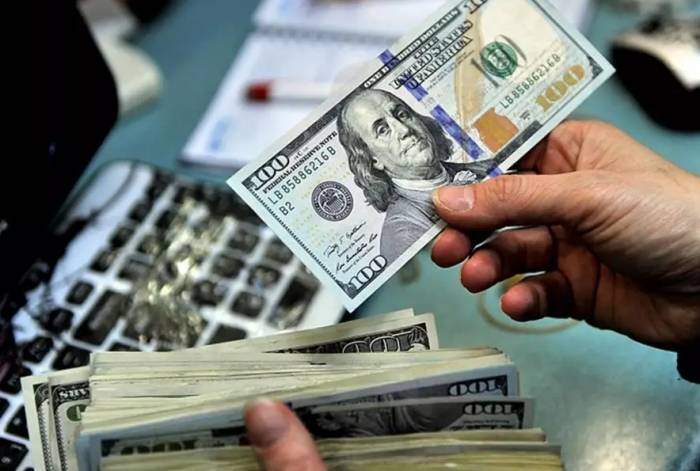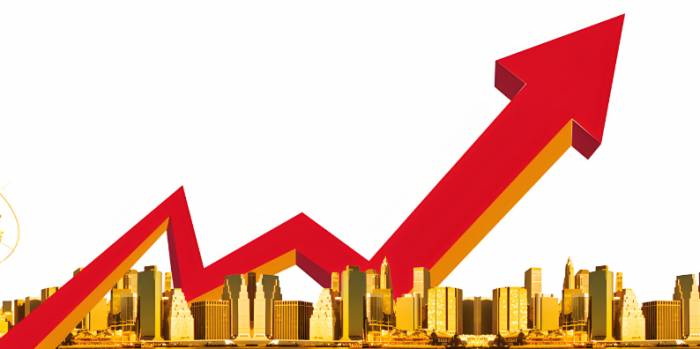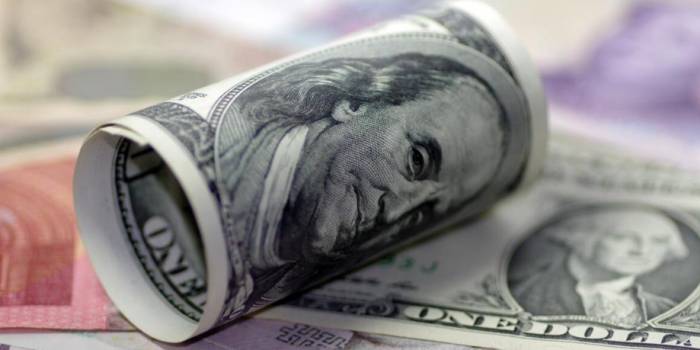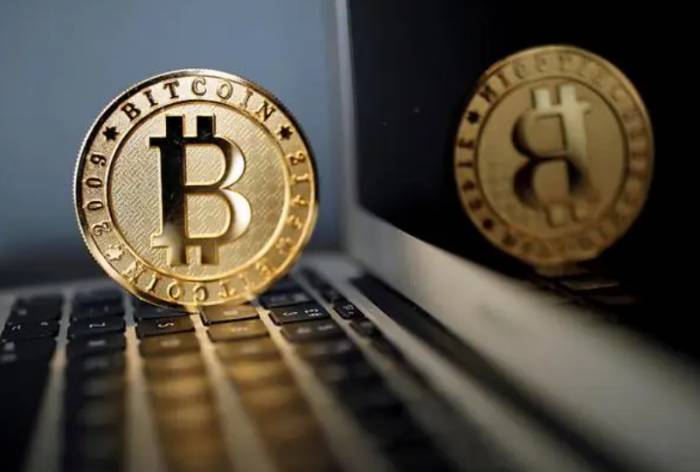Data indicates that since peaking in 2022, the price of the commercial real estate market has dropped by 19%.
Media analysis suggests that buyers and sellers in the U.S. commercial real estate market are increasingly convinced that the distressed market is approaching the bottom.
The media reports that the commercial real estate market is beginning to pick up.
Part of the reason is that lenders and owners wish to minimize losses and make new investments, especially as the Federal Reserve's first interest rate cut in four years has provided more clarity for market valuations.
David Aviram, co-founder of Maverick Real Estate Partners, stated that many transactions will be driven by distressed properties that are over-leveraged and have lower interest rates.
"There will definitely be more transactional activity in 2025, and this will be driven by a variety of factors, leading to significant instability for some, but also significant opportunities for others."
Since 2022, the real estate market has essentially been frozen, when the Federal Reserve began raising benchmark interest rates to the highest levels in over two decades.
The rise in borrowing costs led to a plummet in real estate valuations, and many buyers and sellers disagreed on the actual value of many properties.
In recent months, sellers have had to sell properties at significant discounts.
Earlier this year, investors agreed to purchase an office building in New York City at a price 67% lower than the purchase price in 2018.
The former Cboe Global Markets headquarters in Chicago was sold this summer for only half of its pre-pandemic value.
Data up to July further illustrates the market's struggles.
According to MSCI, transaction volume decreased by 5% year-on-year, totaling $203.8 billion.
However, recent reports point to a "stable" improvement in transaction volume.
Some analysts believe that there is still a degree of uncertainty in the industry, leading some investors to be cautious about entering the market too early.
Property types such as outdated downtown office buildings have been particularly hard hit due to the impact of remote work.
It will take some time for the actual value of each property to be agreed upon by buyers and sellers.
However, the interest rate cut announced by the Federal Reserve on Wednesday has provided investors with more clarity on future interest rate trends.
Richard Barkham, Global Chief Economist and Head of Americas Research at CBRE Group Inc., stated that the Federal Reserve may cut interest rates by at least another 50 basis points for the remainder of the year.
Currently, there are signs that an increasing number of buyers are eyeing the sale of properties and loans.
Recently, the lender Parkview Financial marketed approximately $300 million in loans related to apartments and office buildings in New York, New Jersey, and Connecticut.
According to CEO Paul Rahimian, each loan received multiple bids, with the average offer around 95% of face value.
Moreover, previous articles from Wall Street News stated that former U.S. House Speaker Pelosi, known as the "Congressional Hill Stock God," also believes that now is a good time to enter the commercial real estate market.
On September 11, financial disclosures from the Pelosis showed that Pelosi's husband invested between $250,000 and $500,000 in REOF XXVI LLC on August 13.
The company acquired and manages a commercial office building at 631 Howard Street in South San Francisco for $36.4 million, about 42% lower than the price paid by the investment management company Invesco in 2014.
Media reports indicate that more companies are now willing to provide loans for the purchase of commercial real estate.
Michael Gigliotti, Senior Managing Director at Jones Lang LaSalle Inc., stated that an investor seeking financing of $120 million to acquire a warehouse real estate portfolio in Florida received 12 bids from major banks and insurance companies.
He said that three months ago, such deals would only receive four to five bids.
Gigliotti stated, "The market needs the cooperation of participants, prices, and indices to warm up.
It feels like a switch has been turned on, everyone seems excited, and we call it the beginning of a new liquidity cycle."
Reports indicate that investment giants are preparing to offer certain loans with interest rates higher than a few years ago.
Fortress Investment Group and Goldman Sachs Group Inc. are seeking to raise funds from investors for new commercial real estate loan real estate investment trusts.
According to CEO Robert Wasmund, Ascent Developer Solutions, a lender backed by Elliott Investment Management, stated that loan demand is twice that of two to three months ago.
Currently, liquidity is being restored in various ways.
Madison Realty Capital has secured $2.04 billion in equity commitments for a real estate debt fund.
Data shows that the commercial mortgage-backed securities market has regained vitality this year, with new issuances reaching $92.5 billion as of July, a 57% increase compared to the same period in 2023.
Recently, many borrowers have been seeking to extend the terms of maturing loans due to high borrowing costs and lenders' reluctance to provide new financing.
Parkview CEO Rahimian stated that a recent sign indicates that more refinancing funds are available, with four Parkview borrowers repaying a total of $52 million in loans within 30 days before September 15, a significant increase compared to the past year.
Lenders have been able to start clearing old loans and issuing new ones.
Rahimian stated that Parkview is negotiating a $300 million loan sale.
Once the transaction is completed, it means that the company is re-entering the commercial real estate market and will earn a 10% to 12% return through issuance fees and interest over the next 12 months.
